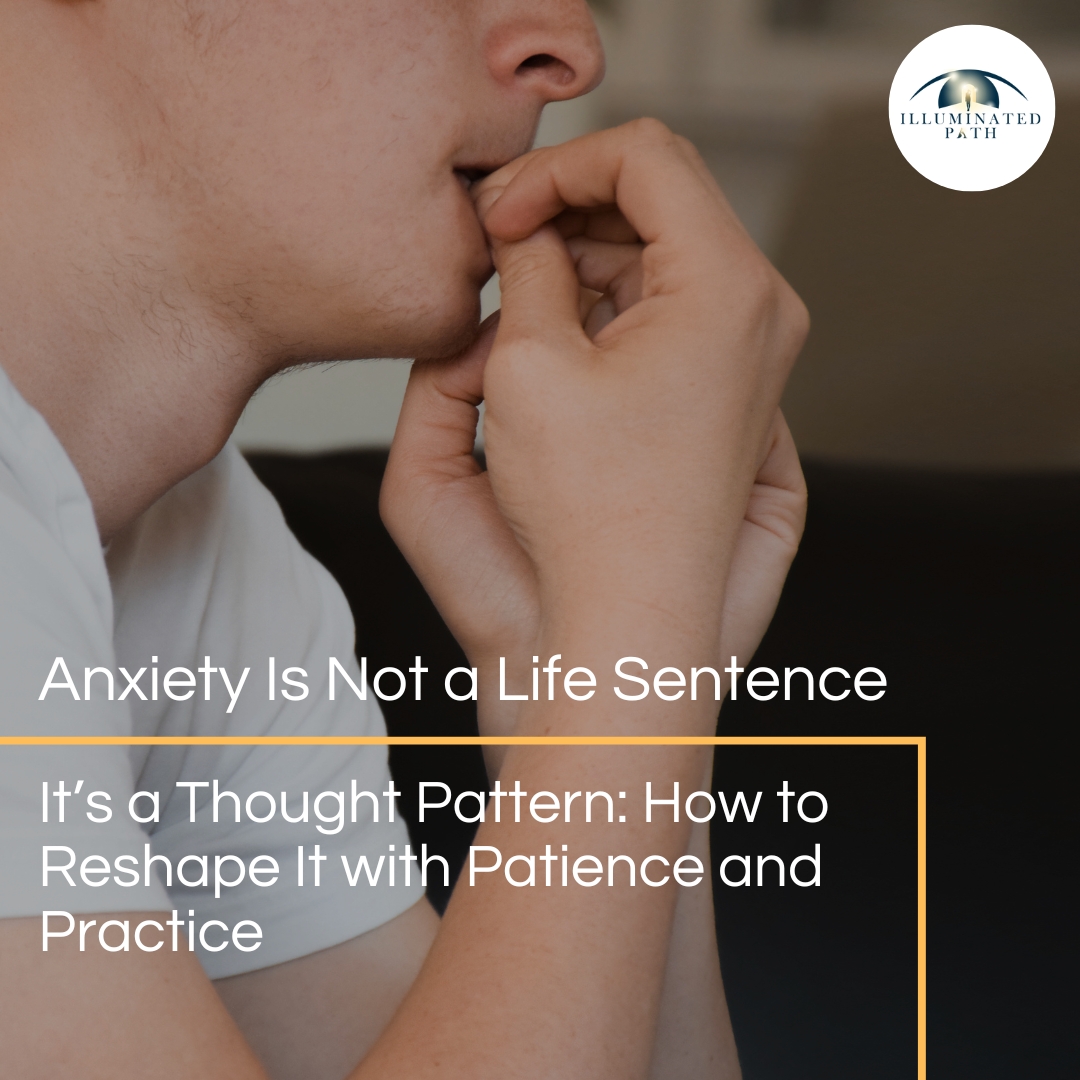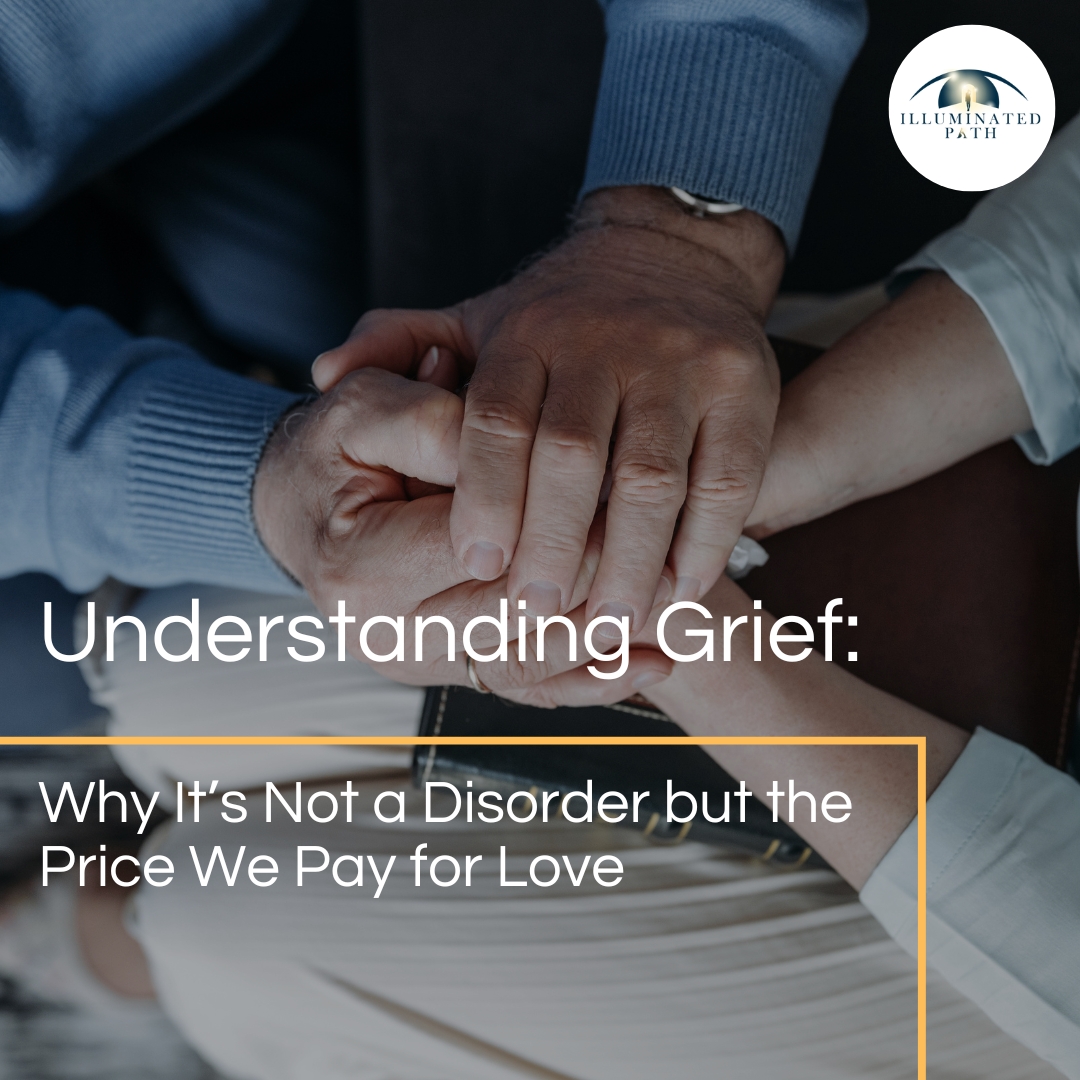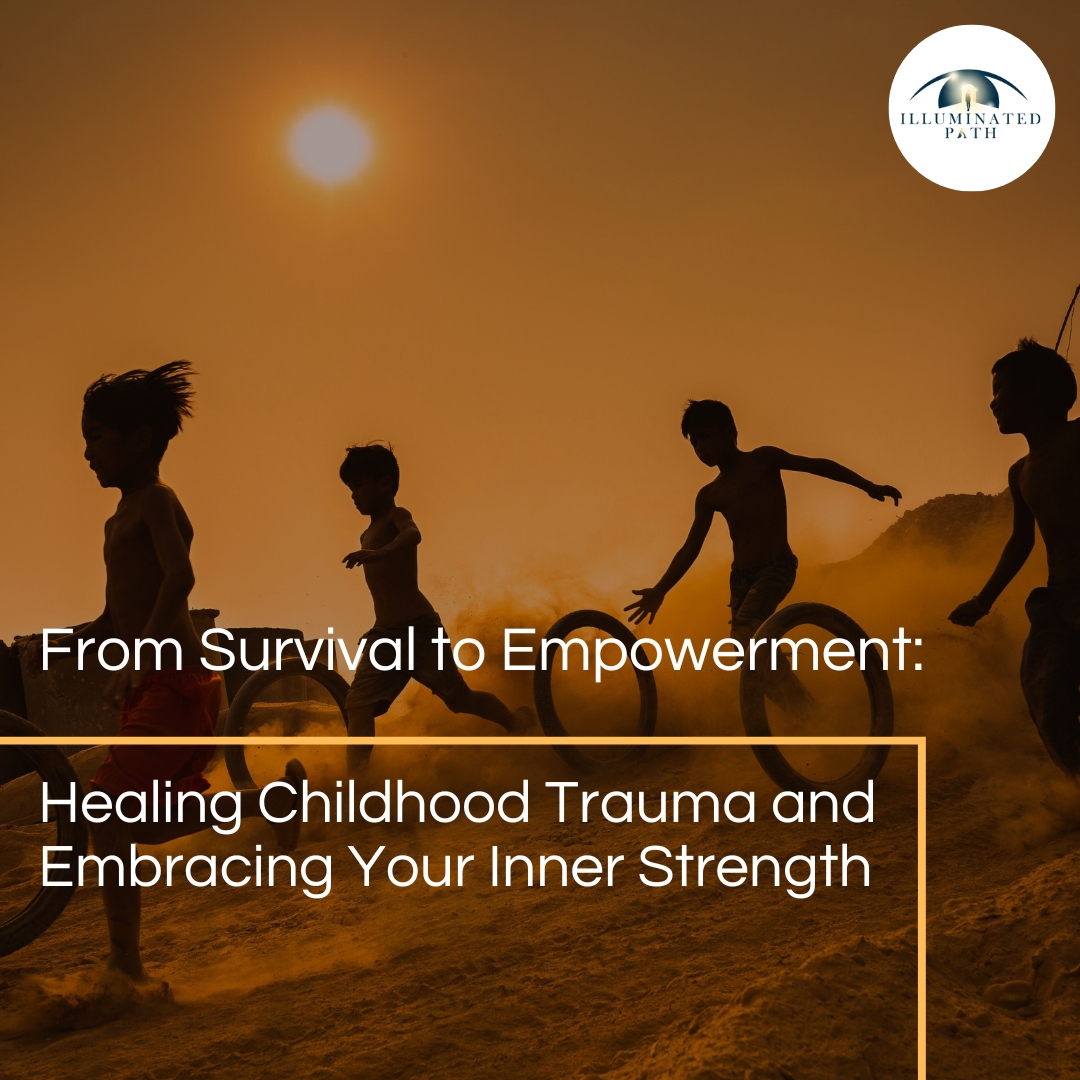
Modern parenting is often depicted as a journey filled with immense joy and profound love, yet beneath the surface of picture-perfect social media posts and well-meaning advice lies a reality often characterized by relentless demands and unspoken pressures. While the rewards of raising a family are undeniable, the daily grind can lead to a significant but frequently unacknowledged issue: parental burnout.
This article aims to shed light on this silent crisis, defining what parental burnout is, exploring its widespread prevalence, detailing its often-overlooked symptoms, and delving into the complex web of causes, including societal expectations and the subtle stressors that permeate modern family life. Furthermore, it will analyze the far-reaching impact of this condition and offer pathways towards recovery through effective coping strategies and the supportive role of therapy.
What Exactly is Parental Burnout?
Parental burnout is characterized as a state of intense exhaustion specifically related to the role of being a parent. This isn’t merely feeling tired after a long day; it’s a profound and persistent weariness where even the thought of engaging in parenting responsibilities can feel utterly draining. At its core, parental burnout involves a combination of feeling overwhelmingly exhausted, experiencing emotional distancing from one’s children, and developing a sense of ineffectiveness in one’s parental capabilities.
This condition arises as a prolonged response to the chronic stress inherent in raising children, often stemming from a long-term imbalance between the perceived risks or demands of parenting and the resources available to cope with them. When the scales tip, and the energy-consuming aspects of caregiving outweigh the replenishing ones, burnout becomes a significant risk.
A crucial aspect of understanding parental burnout is recognizing the contrast between a parent’s current feelings and their previous experiences of parenting. Individuals experiencing burnout often recall a time when they felt more joy and fulfillment in their role, highlighting that this condition represents a deterioration from a prior, more positive state. This shift can be a key indicator, prompting parents to recognize that their current level of exhaustion and detachment is not their baseline.
- An overwhelming exhaustion specifically tied to the parental role , often described as a constant state of depletion that goes beyond typical tiredness.
- Emotionally, burned-out parents may experience a significant distancing from their children , where interactions become more about managing tasks than fostering emotional connection. They might feel mentally absent even when physically present.
- Furthermore, there’s often a profound sense of parental ineffectiveness , with parents doubting their capacity to be good caregivers and feeling a loss of accomplishment in their role. This can erode confidence and diminish the enjoyment derived from parenting.
- Beyond these core symptoms, other indicators can include an increase in addictive behaviors , the emergence of suicidal thoughts and escape fantasies , sleep disturbances and various health issues , heightened irritability and frustration , and a loss of motivation and interest in previously enjoyed activities.
It is vital to distinguish parental burnout from regular stress and clinical depression. While parental burnout shares some similarities with both, it occupies a unique space. Parenting stress is a normal and expected part of raising children. However, burnout arises when this chronic stress becomes overwhelming, exceeding a parent’s coping abilities and often stemming from an imbalance between stressors and available resources. Unlike general stress, which can originate from various aspects of life, parental burnout is specifically linked to the sustained pressure of parenting.
Depression, on the other hand, can manifest without a clear external trigger and often involves a broader range of symptoms, including pervasive low mood and a loss of interest across all areas of life. While burnout can unfortunately lead to depression, it is not caused by it. A key differentiator lies in the focus: parental burnout centers on exhaustion and detachment related to the demands of raising children, whereas depression encompasses a wider spectrum of negative feelings and experiences. The scope of negative feelings tends to be narrower in burnout, often primarily focused on the parental role.
The Hidden Weight: Uncovering Subtle Stressors in Modern Families
While the more overt causes of parental burnout, such as work-life imbalance and lack of support, are often discussed, several subtle and often overlooked stressors contribute significantly to this silent crisis in modern families.
One of the most pervasive hidden stressors is the comparison culture that is rampant in today’s society, particularly amplified by social media.
- The constant exposure to curated, often unrealistic portrayals of other families and their seemingly perfect lives can leave parents feeling inadequate and constantly measuring themselves against an often-distorted reality.
This pressure to “keep up with the Joneses” in the realm of parenting can be a significant source of stress.
- The societal emphasis on achievement and performance in children further fuels this comparison, creating an invisible pressure to ensure one’s children are excelling in all areas.
Technology overload presents another subtle yet potent stressor.
- While technology offers numerous conveniences, its constant presence can blur the boundaries between work and family life, leading to an “always-on” mentality that prevents parents from truly disconnecting and recharging.
- Excessive screen time within families can also lead to decreased quality face-to-face interactions, hindering meaningful parent-child bonding and potentially increasing feelings of isolation among family members. Furthermore, disagreements over screen time limits and technology use can become a frequent source of conflict within households.
- Children may even sense and react to their parents’ preoccupation with technology, feeling like they are competing for attention.
The often-invisible mental load of parenting is another significant contributor to hidden stress.
- This refers to the cognitive and emotional labor involved in managing a household and raising children – the constant planning, organizing, scheduling, and anticipating of everyone’s needs.
- This burden often falls disproportionately on one parent, typically the mother, leading to significant stress, burnout, and feelings of being overwhelmed and unappreciated, even when physical tasks are shared.
The Scope of the Problem: Prevalence and Global Trends
The experience of stress is markedly higher among parents compared to adults without children. In 2023, for instance, one-third of parents reported experiencing high levels of stress, compared to only 20% of other adults. Furthermore, nearly half of all parents report that their stress feels completely overwhelming on most days.
Estimates regarding the prevalence of parental burnout vary across studies, but a significant portion of parents report experiencing this condition. Early research suggested that between 2% and 12% of parents might be affected. However, more recent data indicates a potentially higher prevalence. A study conducted in 2022 found that a staggering 66% of parents reported feeling burned out , a figure particularly pronounced among working parents.
Another study in 2024 indicated that 57% of parents self-reported experiencing parental burnout. Certain groups of parents are at an even higher risk, including those raising children with chronic medical conditions (with prevalence rates ranging from 20% to 77%) or neurodevelopmental disorders such as ADHD and autism. Parents of children described as spirited or having intense temperaments also report exceptionally high rates of burnout, exceeding 75% in some surveys.
The COVID-19 pandemic acted as a significant catalyst, exacerbating parental burnout on a global scale. The pandemic brought about increased caregiving responsibilities due to lockdowns and school closures, coupled with widespread job loss, financial insecurity, and disruptions in social support networks, all of which contributed to a sharp rise in parental stress and burnout.
You Are Not Alone – Taking Steps Towards Well-being
Parental burnout is a significant and increasingly recognized challenge in the landscape of modern family life. The relentless demands, coupled with societal pressures and often-hidden stressors, can take a profound toll on parents’ well-being. Recognizing the signs of parental burnout in yourself or a loved one is the crucial first step towards acknowledging this silent crisis. It is vital to remember that experiencing these feelings does not make you a bad parent; rather, it highlights the immense pressures inherent in raising children today.
Taking steps towards well-being is essential. Prioritizing self-care, seeking support from your network, practicing self-compassion, and implementing effective time management strategies can all contribute to alleviating the burden of parental burnout. For many, the guidance and support offered through therapy and counseling can be instrumental in navigating this challenging experience. Whether through individual, couples, group, or online therapy, or specialized parent training programs, professional help can provide valuable tools and insights for fostering resilience and rediscovering joy in parenting.
Remember, you are not alone in this journey. Many parents experience similar struggles, and help is available. By acknowledging the reality of parental burnout and taking proactive steps to address it, you can pave the way towards a more balanced, fulfilling, and connected family life.

The Author
Dr. Shadi Souferian Psy. D.
Licensed Clinical Psychologist
Therapist And Psychologist in Los Angeles And Beverly Hills.






